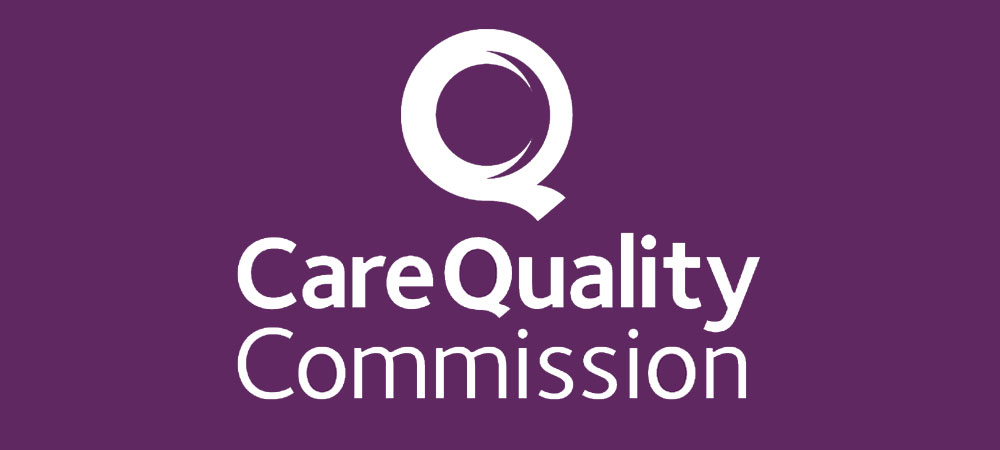News
Private Acute Healthcare Conference 2015: Key themes to emerge
Partner David Andrews heads up work in the healthcare sector, established as one of LSI’s key sectors, and recently attended Laing Buisson’s excellent ‘Private Acute Healthcare Conference 2015’. Here are the key themes that emerged from the conference, relevant to the independent healthcare sector.
The Care Quality Commission and Private Healthcare Information Network
A key point raised at the conference was the extension of the CQC’s regulatory role to include independent (private) hospitals, meaning that performance data for those hospitals will soon become widely available. Inspections are currently underway and ratings are due to be published as per the regime for NHS hospitals.
The CQC website makes reference to Health and Social Care Act 2008 (Regulated Activities) Regulations 2014, with ‘Regulation 15; Premises and equipment’ being of particular relevance:
‘The intention of this regulation is to make sure that the premises where care and treatment are delivered are clean, suitable for the intended purpose, maintained and where required, appropriately located, and that the equipment that is used to deliver care and treatment is clean, suitable for the intended purpose, maintained, stored securely and used properly. Providers retain legal responsibility under these regulations when they delegate responsibility through contracts or legal agreements to a third party, independent suppliers, professionals, supply chains or contractors. They must therefore make sure that they meet the regulation, as responsibility for any shortfall rests with the provider.’
Undertaking inspections of premises against a checklist (based on CQC standards) to audit aspects of potential ‘non-compliance’, such as the provision of suitable reception areas, sanitary facilities, storage, clinical hand wash provision and finishes to support effective infection control can offer assistance to providers in complying with this regulation. Assistance can also include the preparation of specifications to achieve compliance, as the basis for budget costings and the procurement of building contracts. This process often requires that premises are kept operational during the works, which is achieved by fastidious pre-planning to ensure that health and safety is not compromised.
Private Healthcare Information Network
In parallel with the future publication of data by the CQC, an introduction was also given to the Private Healthcare Information Network (PHIN) with a mandate to ensure that patients using private healthcare can expect far better information to help them compare and choose between hospitals and consultants… rather like ‘TripAdvisor’ but based on objective data instead of opinion. Watch out for the new website in November.
“A Health system driven by outcomes”
Stephen Dorrell was eloquent in describing the concept of a health system driven by ‘outcomes’ rather than a process based on the ‘rationing’ of health services. He observed that the public and private sector has been in partnership since 1948, which Circle followed with reference to their successful integration of MSK (Musculoskeletal) services in Bedfordshire. Rationalisation of these services was centred around a single triage hub for all referrals to facilitate the direction of patients to the right treatment first time round, resulting in a better patient experience and reduced waiting times.
London centric growth?
The private healthcare market was seen to be growing in real terms, though this was mostly London-centric with subdued growth across rest of the UK.
One Healthcare highlighted that of 465 private hospitals in the UK only 6 had been built in the last 10 years. They are currently developing new Surgicentres, based on models from the US and Australia, with the first facility in Ashford due to open in the near future and a pipeline of 30+ similar projects across the UK, underpinned by market research. This was followed by an introduction to the new Spire Manchester Hospital, reinforcing the message of market research to ensure that the right services are offered in the right place and with easy access.
There is a clear demand for services to assist providers with regards to their premises to ensure the highest ratings by the CQC and PHIN. As a practice, LSI is well placed to facilitate future efficiencies in design by our experience and expertise in working with providers to optimise planning in relation to patient pathways…whether this involves re-modelling existing buildings or new-build projects.


